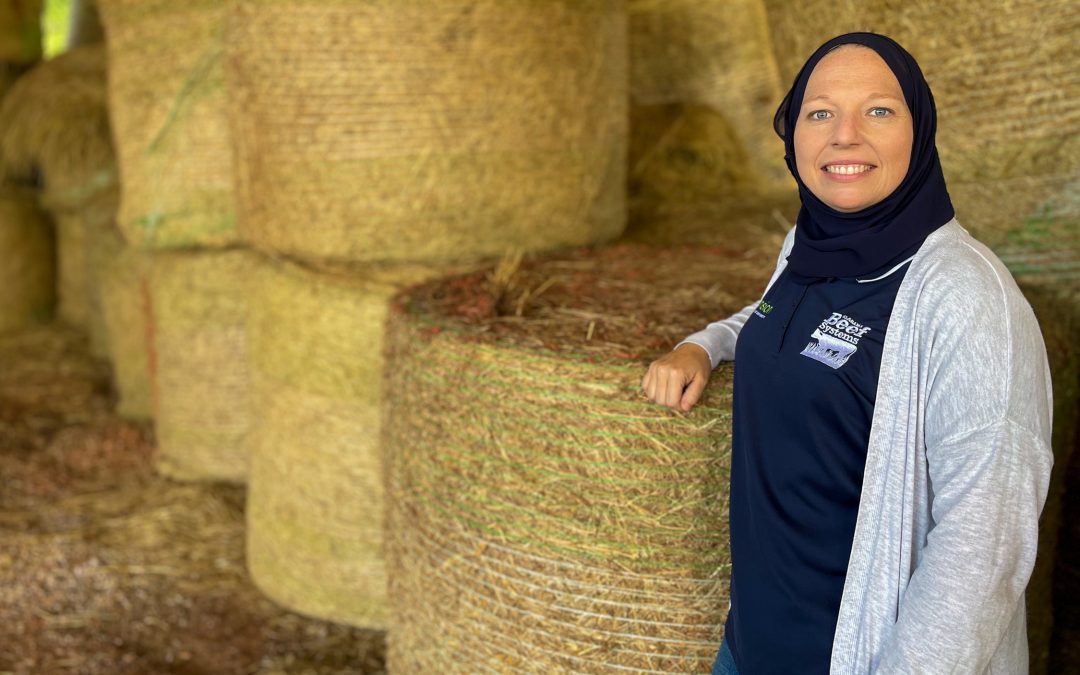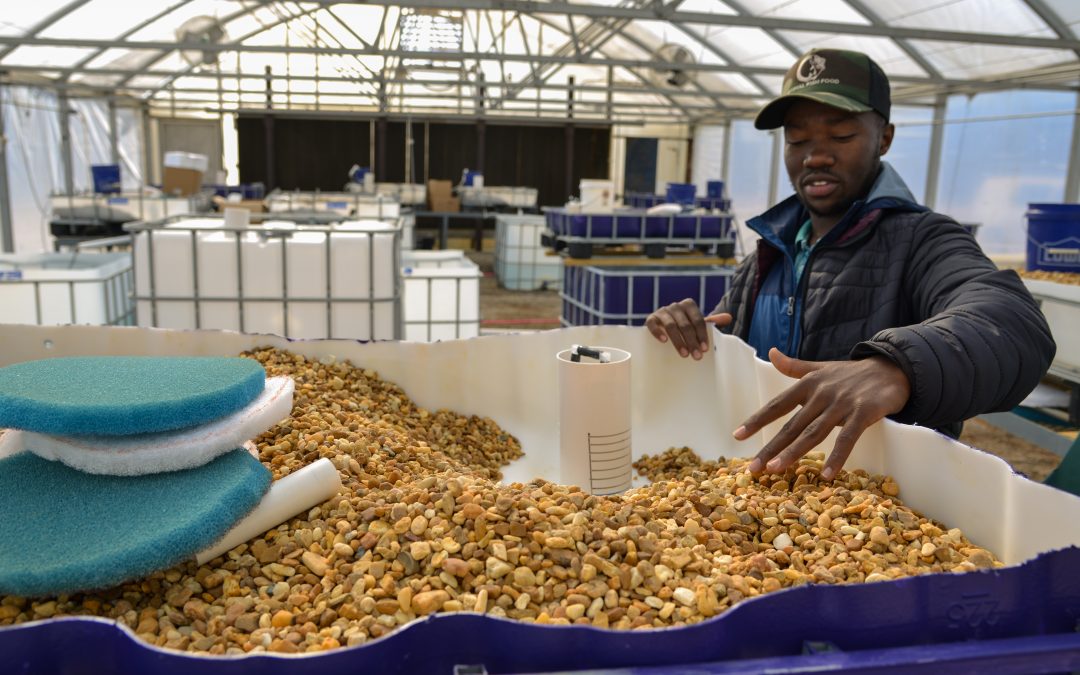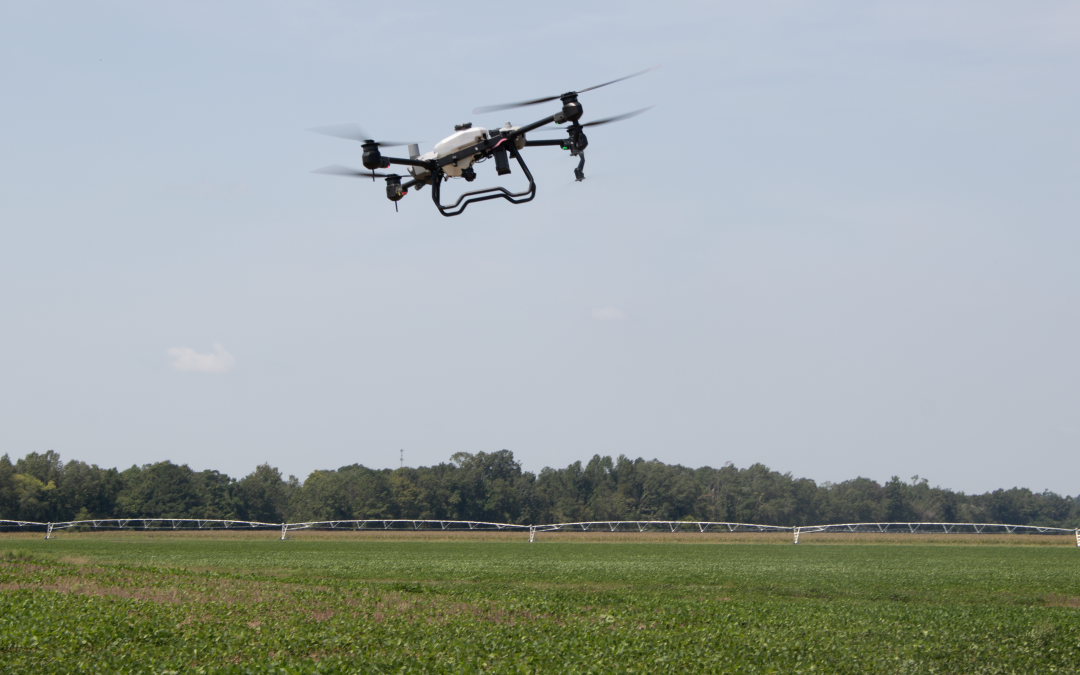
Veteran School of Fisheries, Aquaculture and Aquatic Sciences professor Claude Boyd collaborated with World Wildlife Fund aquaculture director Aaron McNevin in his latest book. “Aquaculture, Resource Use and the Environment” was published in February.
AUBURN, Ala.—Claude Boyd, veteran professor in Auburn University’s School of Fisheries, Aquaculture and Aquatic Sciences, has a new book out. It is the eighth that the internationally recognized aquatic scientist and water-quality expert has authored, co-authored or co-edited in his 43 years at Auburn.
But unlike the seven before it, this one—the 368-page “Aquaculture, Resource Use and the Environment”—could give rise to controversy. So says Craig Tucker of the USDA Agricultural Research Service’s Warmwater Aquaculture Research Unit in Stoneville, Mississippi, in the book’s foreword.
“This book has something to provoke everyone,” writes Tucker, an Auburn fisheries alumnus who completed his M.S. and Ph.D. degrees in the late 1970s under Boyd’s direction. “While taking the environmental community to task for overstating many of aquaculture’s impacts and taking those impacts out of logical context, it also points out aquaculture’s many blemishes and past scars and argues that improved environmental performance is essential if aquaculture is going to responsibly fulfill its future role as the world’s major seafood supplier.”
That’s precisely what Boyd’s objective was in writing the book.
“I started teaching a graduate course on aquaculture and the environment a few years ago, and when I tried to find a textbook for the students to use, there wasn’t one out there that wasn’t real slanted in one direction or the other—either aquaculture people defending everything about aquaculture or environmentalists treating aquaculture like it was the only thing out there harming the environment,” he says. “That’s why I decided to write it. It just took me six years to get around to finishing it.”
The result is a book that provides a balanced and realistic review of the positive and negative impacts of aquaculture production within the larger context of global population, increased food demand and responsible use of resources. The key to the book’s balance is Aaron McNevin, Boyd’s unlikely co-author.
Unlikely, because McNevin is director of aquaculture for the World Wildlife Fund, an international environmental non-governmental organization that, among its causes, labels aquaculture, and agriculture in general, the leading cause of habitat and biodiversity loss in the world.
In the book’s 15 chapters, the authors examine the aquaculture industry on issues including land and water use, environmental impacts, chemical use, government regulations and water pollution, as well as best management practices for producers and aquaculture certification programs. In the final pages of each chapter, McNevin gives the “environmental NGO perspective,” offering insight on why such organizations have taken certain stands on aquaculture.
But it isn’t a hostile, point-and-counterpoint debate.
“I didn’t write my part and then give it to McNevin to respond to,” Boyd says. “We communicated back and forth through the whole process.
“Our number one thing was, we didn’t want to write a book that was full of opinions,” he says. “There were a lot of things one of us felt strongly about one way or the other, but we tried to talk all those things through and come to some kind of agreement on them.
“What wound up in the book are legitimate issues, covered objectively.”
The book isn’t the first time that Boyd and McNevin have worked together. Boyd often collaborates with McNevin’s organization and other conservation advocacy groups in the development of certification standards for aquaculture production and of standards to reduce resource use in the aquaculture industry. And, as was the case with USDA’s Tucker, McNevin is an Auburn fisheries alumnus who obtained his M.S. and Ph.D. degrees (’02 and ’05) under Boyd’s mentorship.
“A lot of radical environmentalists who are out there attempting to make aquaculture out to be an environmental pariah don’t know much about the environment and know even less about aquaculture,” Boyd says. “Aaron knows both.”
“Aquaculture, Resource Use and the Environment” was published by Hoboken, New Jersey–based Wiley-Blackwell in February and can be purchased online and in select bookstores.
For more information, contact Boyd at boydce1@auburn.edu or 334-844-4075.




